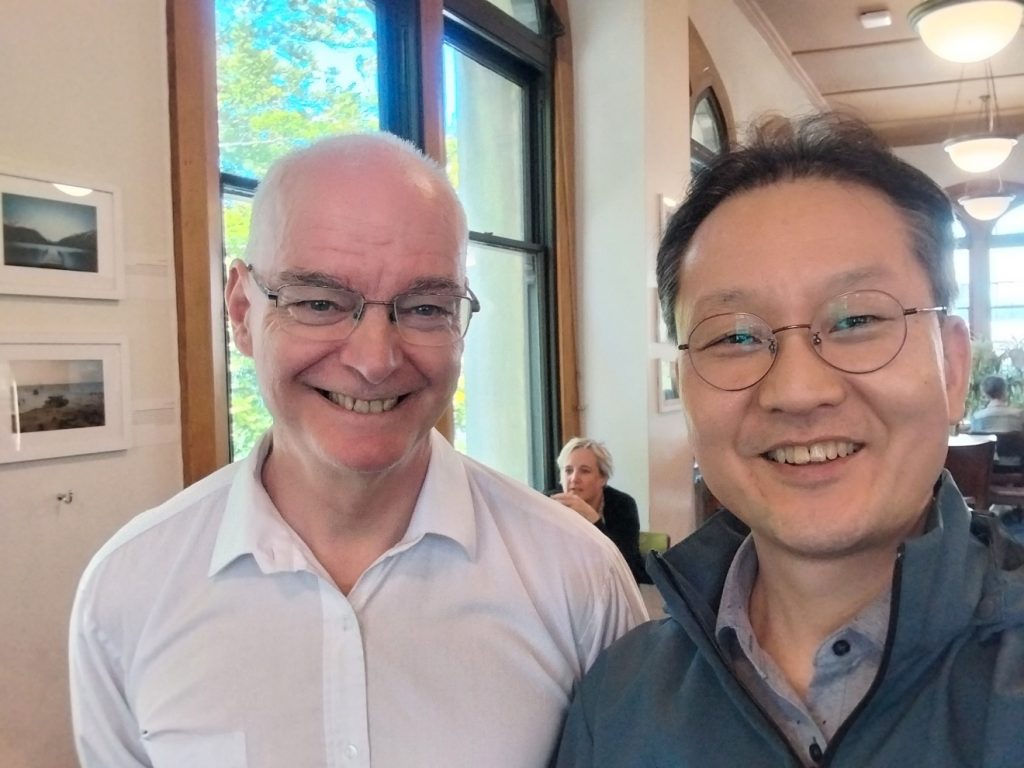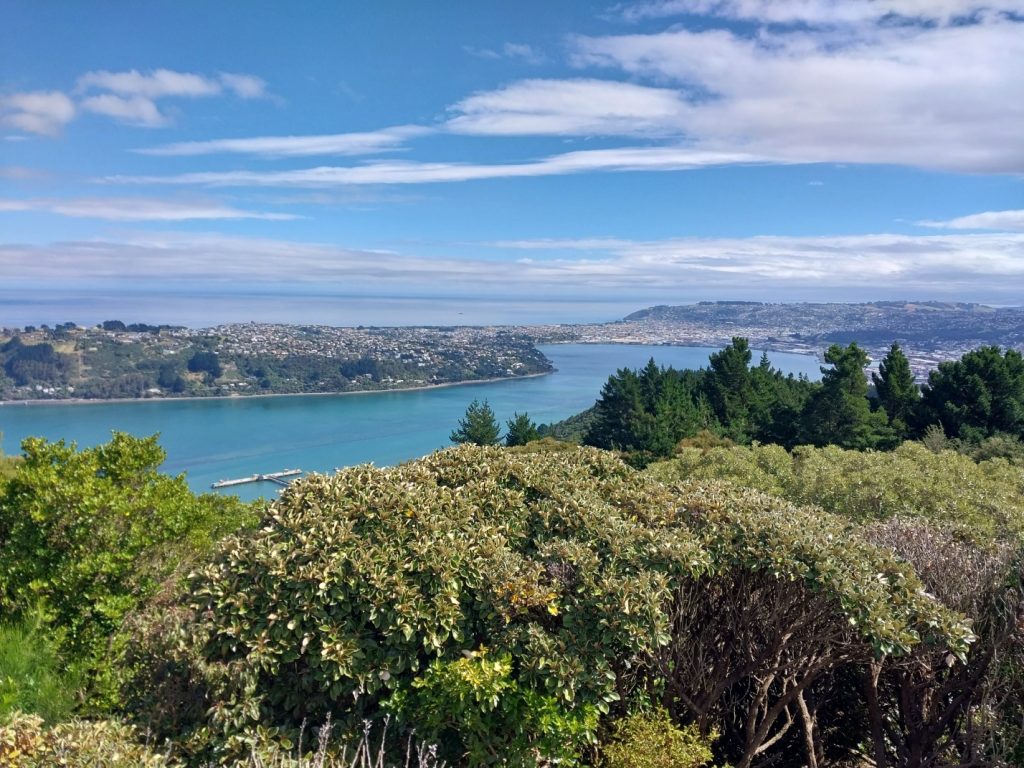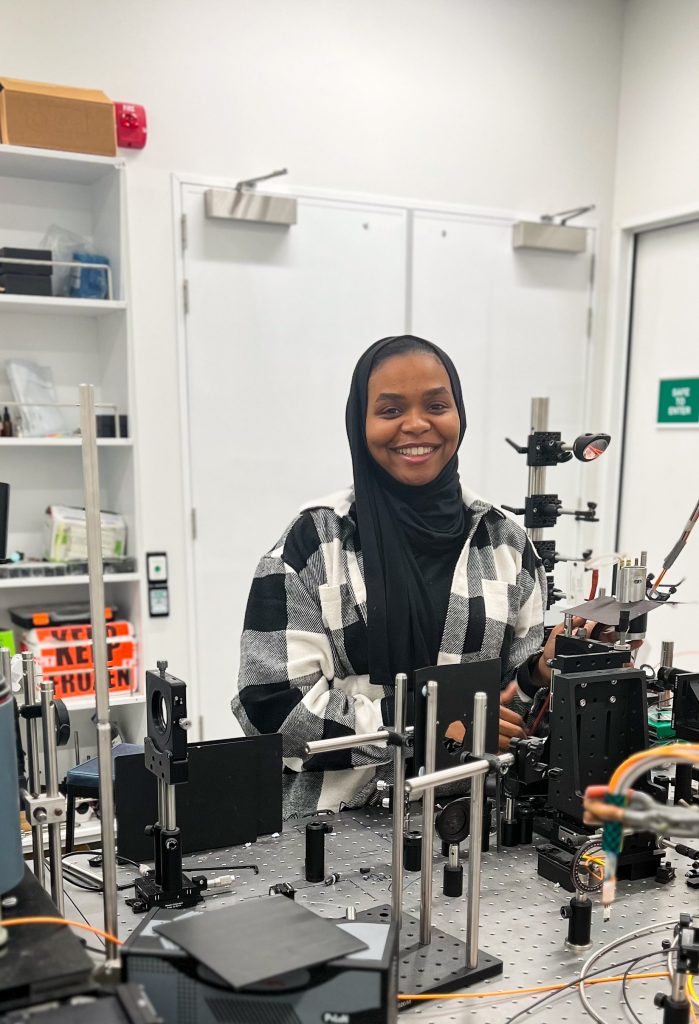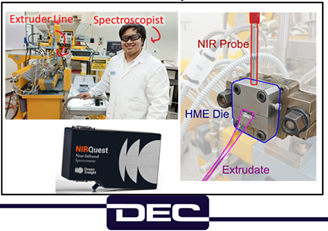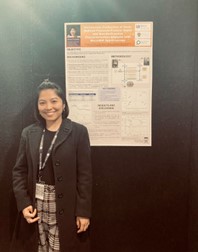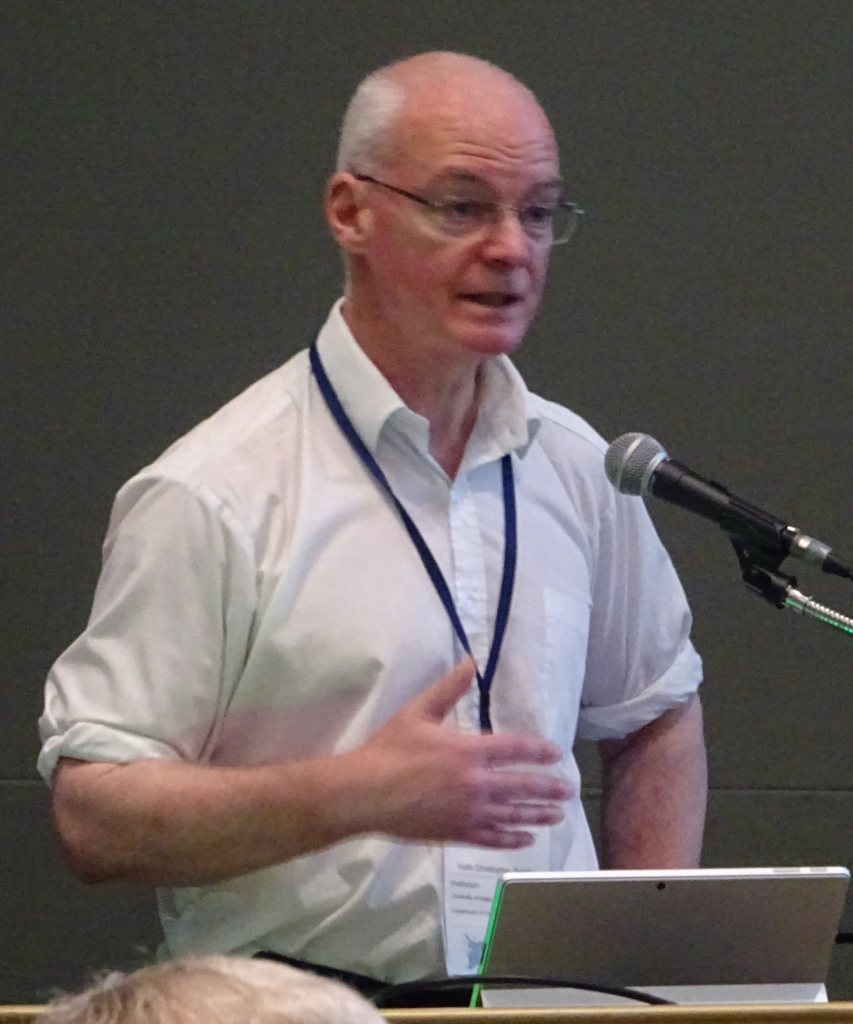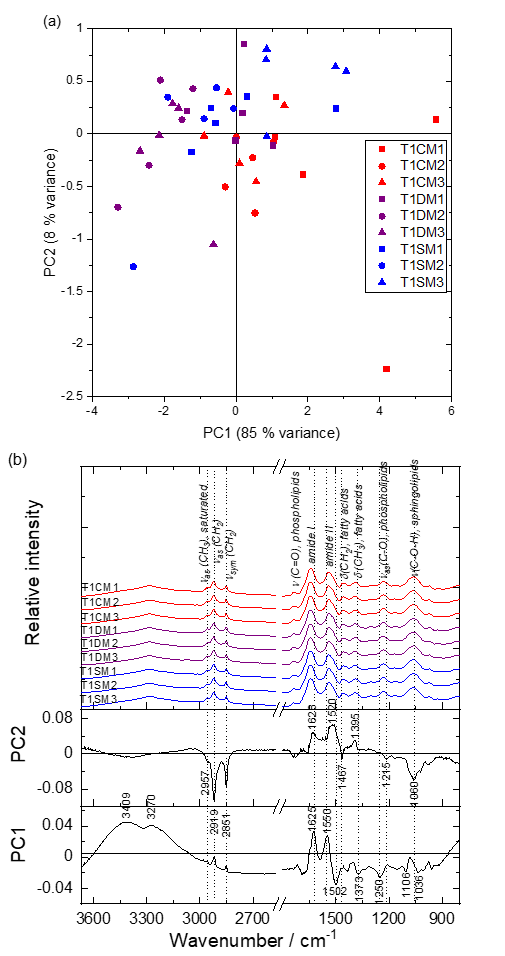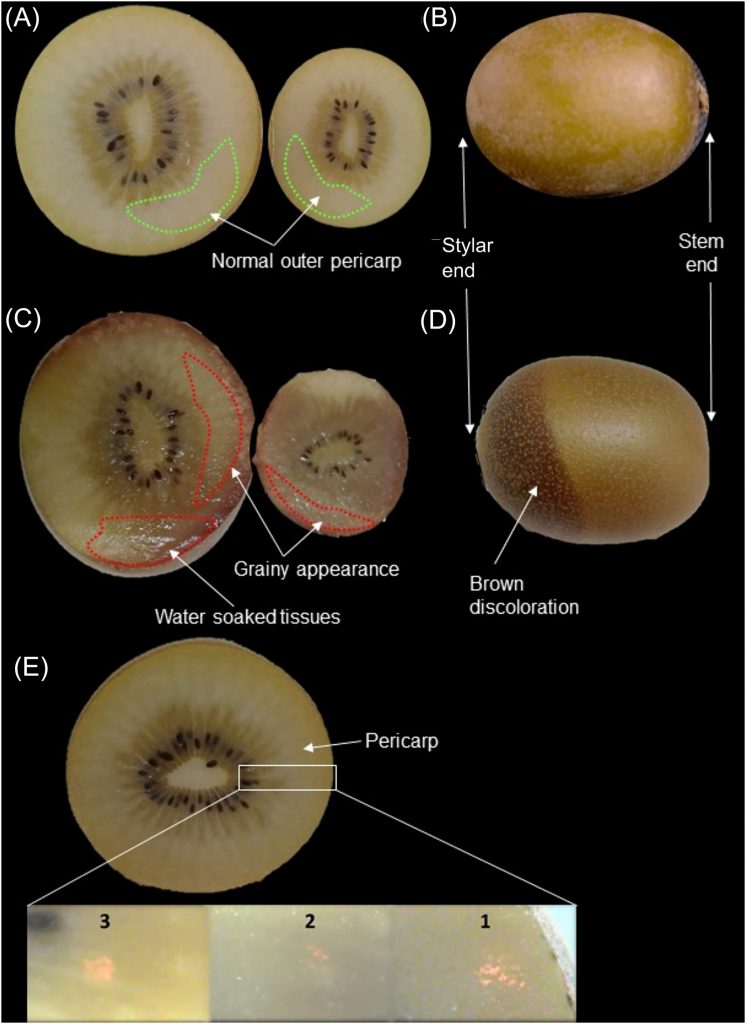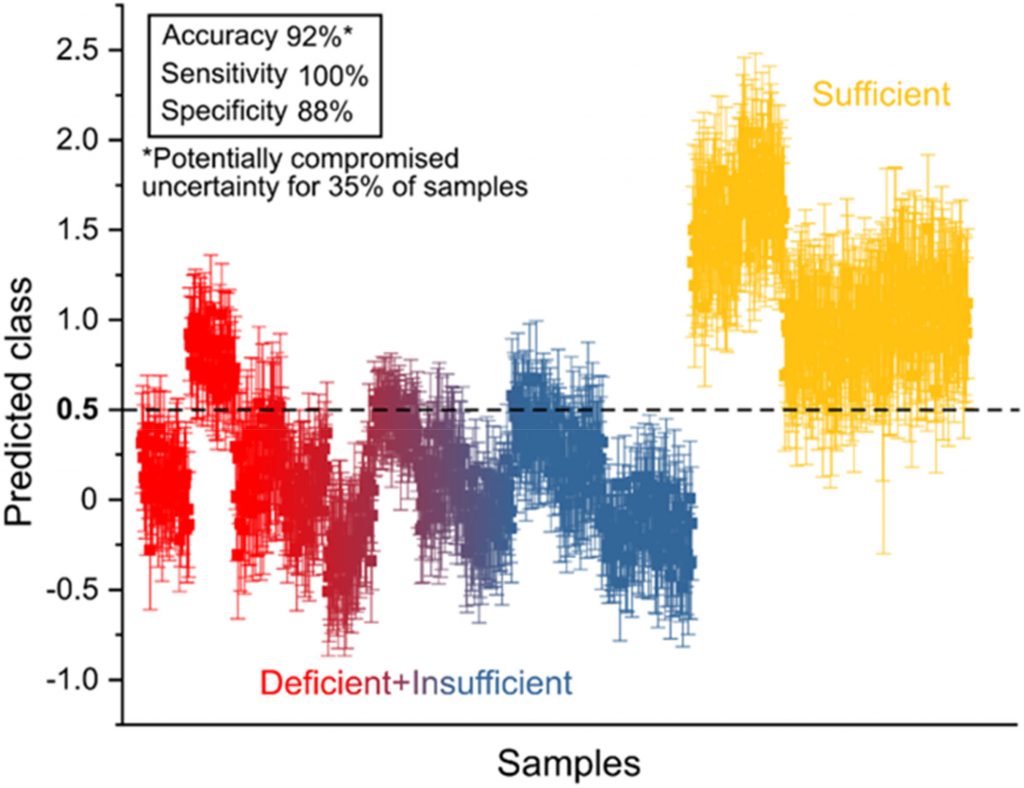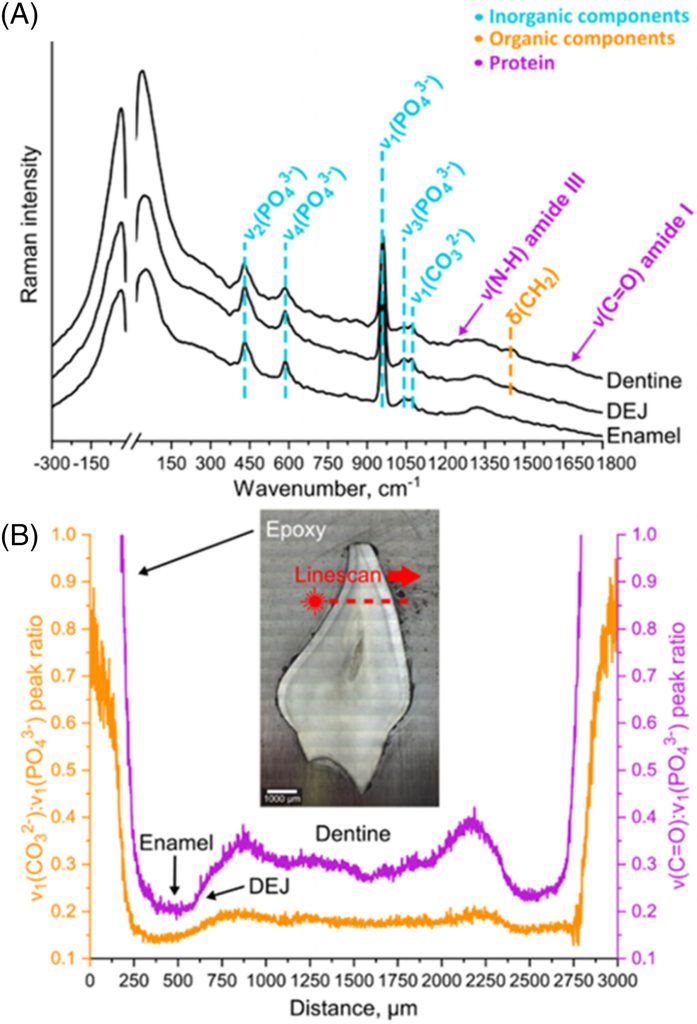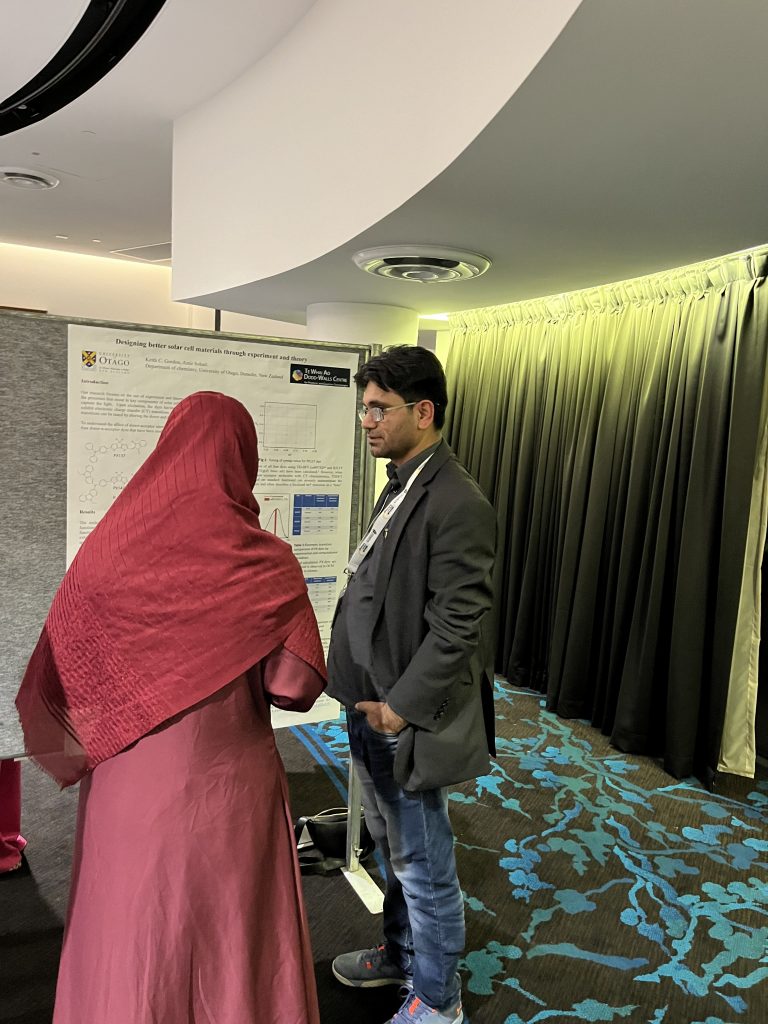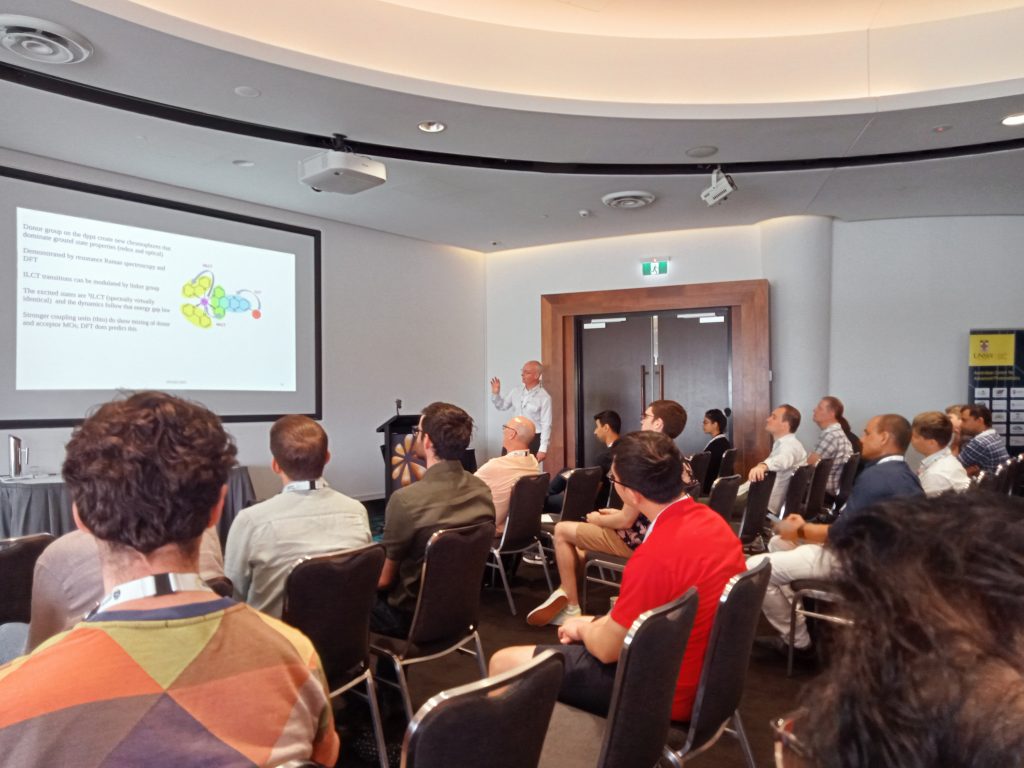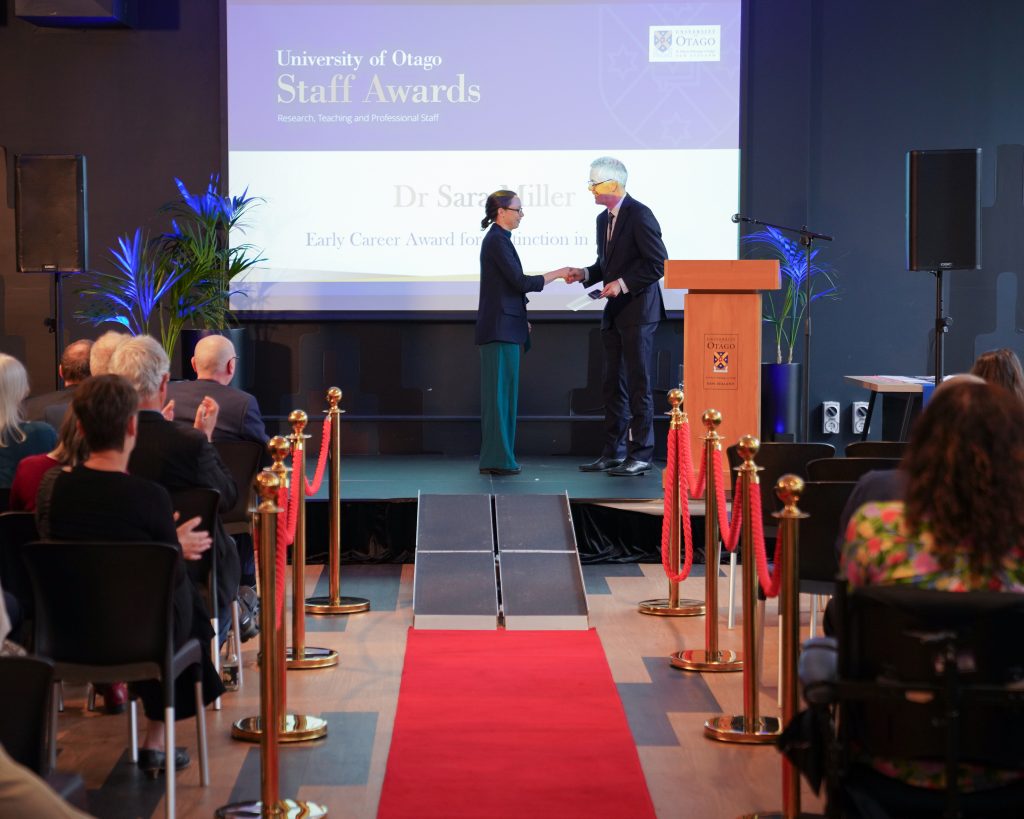Prof Han Young Woo visit
Prof Han Young Woo from Korea University in Seoul visited on Monday January 29 to discuss joint research on solar cell polymers. After an interesting discussion on the resonance Raman spectra and calculations Prof Woo enjoyed the good weather before heading off to a meeting in Wellington.
Welcome Keisuke Takabayashi
Keisuke Takabayshi is a Ph.D. student at Yamaguchi Lab, Akita University, Japan, and will stay in our lab for a month from January 19th.
Keisuke’s main interest is how crystal structure is changed and the matter is broken down using ultrashort laser pulses. He evaluates the crystal structure of laser-processed materials processed by homemade ultrashort pulsed lasers. Currently, he has performed measurements after processing, but in the future he would like to make time-resolved measurements. He is here to learn about the time-resolved experiments.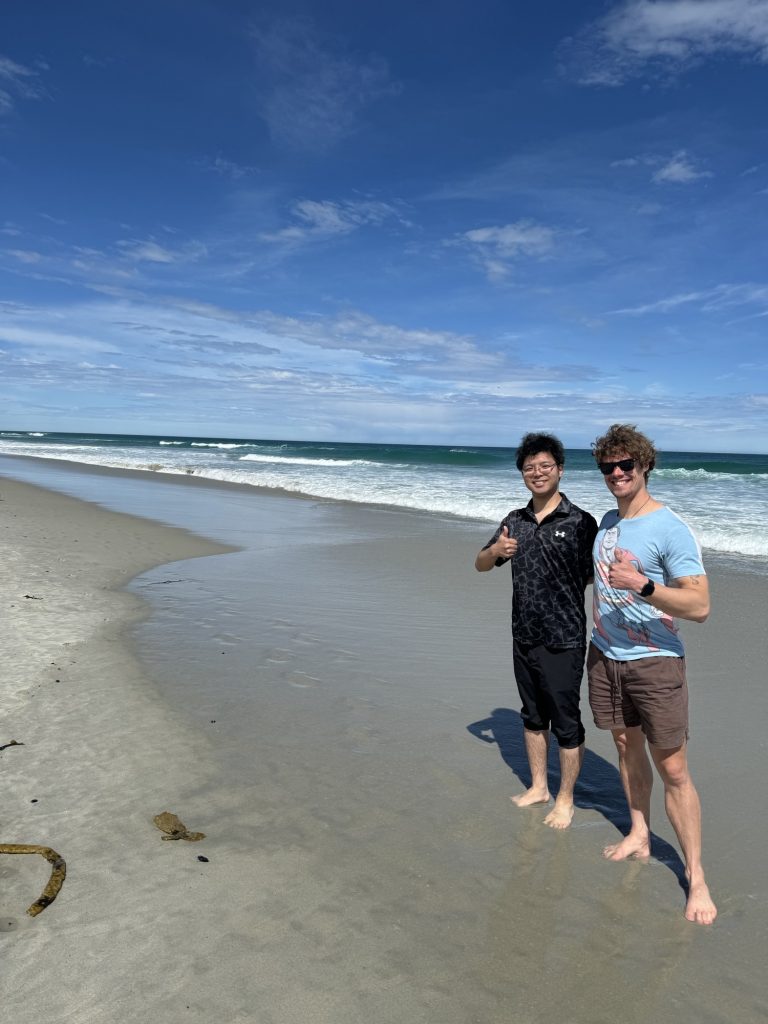
Sam and Keisuke at the beach
Welcome Hansa
Welcome to Elkhansa (Hansa) Elbashier to the group.
She is originally from Sudan and got her master’s and bachelor’s degree from Qatar University in Doha, Qatar. She began her PhD studies in October 2023 under the supervision of Prof. Ketih Gordon.
Hansa will be analysing the electronic properties and behaviours of artificial dyes using spectroscopic, electrochemical and Density functional theory techniques.
Welcome back Peter
Peter Remoto returns to the group as a PhD student after successfully completing a 6-month internship with DEC Healthcare’s R&D team from 1st May to 1st November. This internship was organised by Dodd-Walls and funded by Callaghan Innovation. Peter’s role was to explore Near-Infrared Spectroscopy (NIRS) to reliably monitor formulation accuracy during the Hot Melt Extrusion process.
Jervee goes to the 7th International Conference on Food Structures, Digestion, and Health
Jervee Punzalan participated in the 7th International Conference on Food Structures, Digestion, and Health in Queenstown from November 14th to 17th, 2023. She presented her poster on the use of Pulsed Electric Field and Non-Destructive Characterization Analysis with MicroNIR Spectroscopy. With reference to the poster, she also showcased a 90-second video and received recognition as one of the finalists.
New paper in Food Chemistry
Congratulations to Sara and Keith on their publication in Food Chemistry. The work was led by Alaa El-Din A. Bekhit (Food Science, Otago). The study showed that the effect of diet on the structure and composition of rat brains is quite modest, with spectroscopy unable to detect any discernible changes.
Yutong Gao, Alan Carne, Wayne Young, Keegan Burrow, Samer Naji, Sara J. Fraser-Miller, Keith C. Gordon, Alaa El-Din A. Bekhit, “Effect of consumption of sheep and cow milk on rat brain fatty acid and phospholipid composition,” Food Chemistry, Volume 439, 2024, 138056. https://doi.org/10.1016/j.foodchem.2023.138056
New paper in the Journal of Raman Spectroscopy
Congratulations to Samanali, Sara and Keith on their publication in the Journal of Raman Spectroscopy. This work done in collaboration with Botany (Otago) and Plant and Food was able to show that Raman spectroscopy could measure chill-damaged fruit using calibration from one season to correctly classify a subsequent seasons harvest.
Samanali, G. A. P.,Burritt, D. J., Burdon, J. N., Kerr, C., Fraser‐Miller, S. J.,& Gordon, K. C. (2023). Identification and classification of chill‐damaged versus sound kiwifruit using Raman spectroscopy and chemometrics. Journal of Raman Spectroscopy. https://doi.org/10.1002/jrs.6623
New paper in the Journal of Bone and Mineral Research
Working with medics and dentists, Sara Miller, Karlis Berzins and Keith Gordon contributed to a paper on vitamin D and tooth health. The spectroscopy was able to show a very slight changes between healthy and deficient teeth.
- Beckett DM, Vaz Viegas S, Broadbent JM, Wheeler BJ, Bērziņš, K, Fraser-Miller, S.J., Gordon, K.C,Drummond, BK, Mahoney, EK, Loch, C. (2023). An exploration of mineral density, elemental and chemical composition of primary teeth in relation to cord‐blood vitamin D, using laboratory analysis techniques. Journal of Bone and Mineral Research. https://doi.org/10.1002/jbmr.4928
Amir and Keith attend AUCAOS
Amir Sohail and Keith Gordon attended the recent AUCAOS (Australasian Community for Advanced Organic Semiconductors) meeting in Tweed Heads NSW, Australia.
Amir presented some of his donor acceptor work in a poster and Keith gave a talk on elongating excited state lifetimes.
Congratulations Sara
Congratulations to Sara Miller for winning an Early Career Awards for Distinction in Research.
Currently a Senior Research Fellow, Dr Miller’s research in vibrational spectroscopy coupled with multivariate analysis has applications to a wide variety of materials and complex systems including pharmaceutics, hard and soft tissues, and primary produce. A more recent focus of research has been in the field of medical diagnostics with particular emphasis on multi-spectroscopic approaches for diagnosis of gastrointestinal illnesses.
Dr Miller has also led two projects funded by Marsden Fast-Start and MBIE Smart Idea grants and is a Principal Investigator in Te Whai Ao – Dodd-Walls Centre of Photonic and Quantum Technologies.
In 2022, she was the inaugural recipient of an Early Career Researcher Award from the New Zealand Institute of Chemistry.
“Thank you to the fantastic people I have worked with at Otago University, Te Whai Ao – Dodd-Walls Centre and abroad for the opportunities and support provided,” Dr Miller says.

